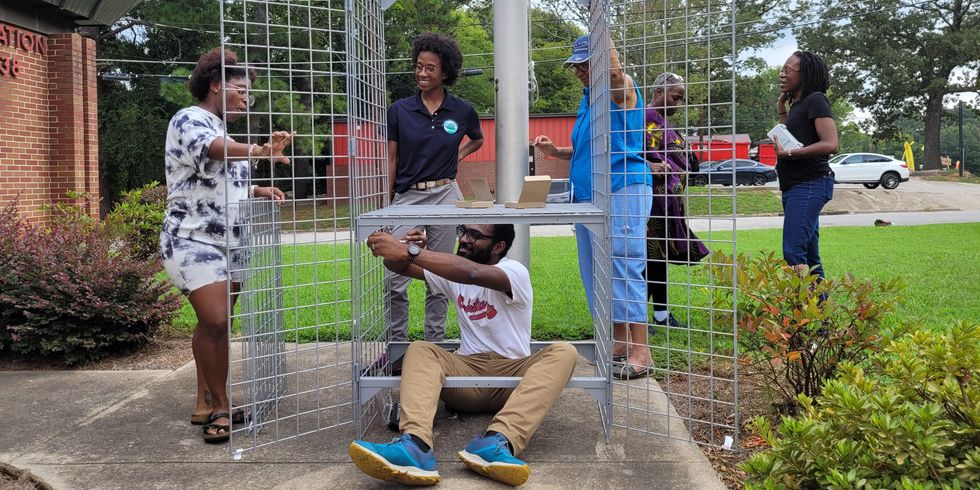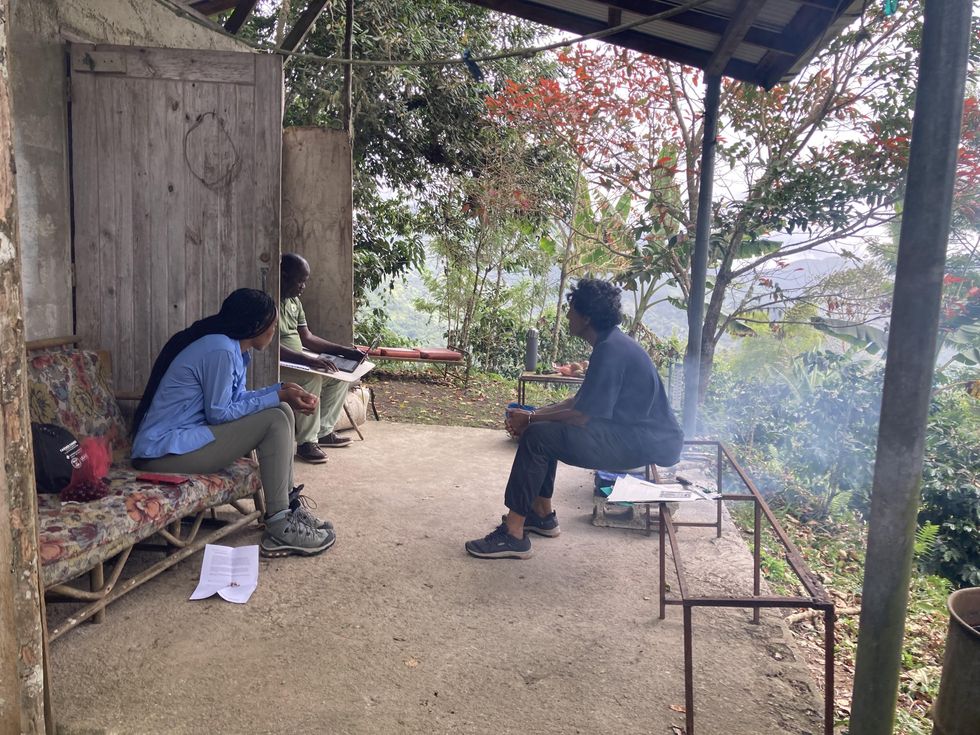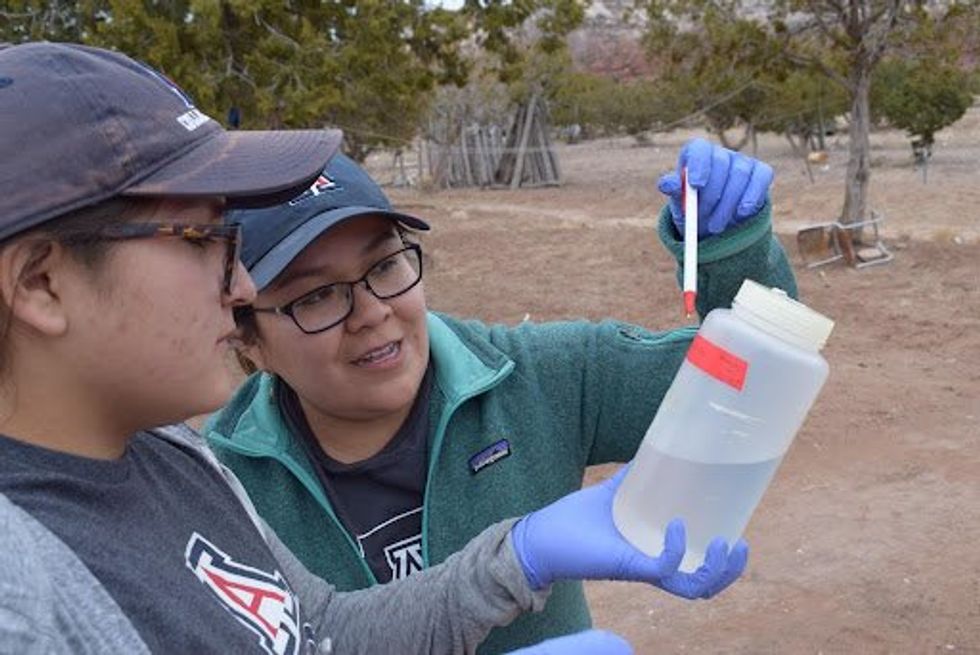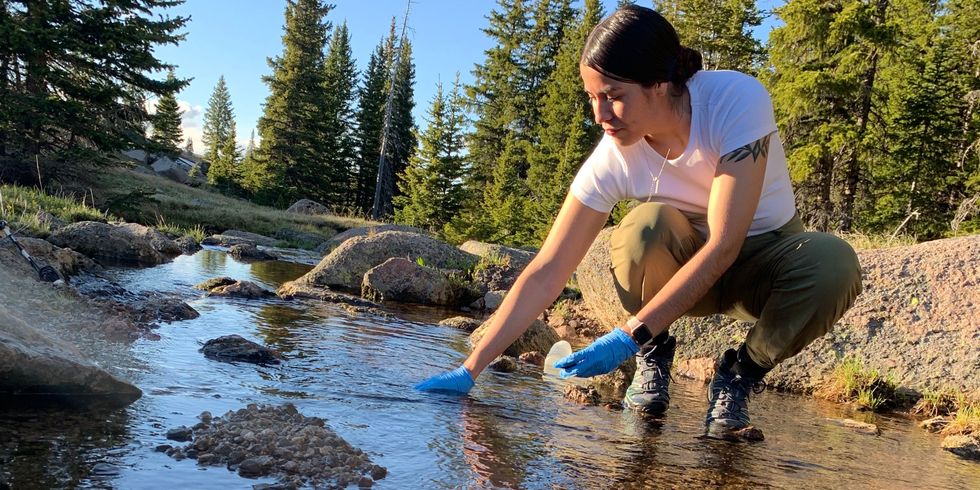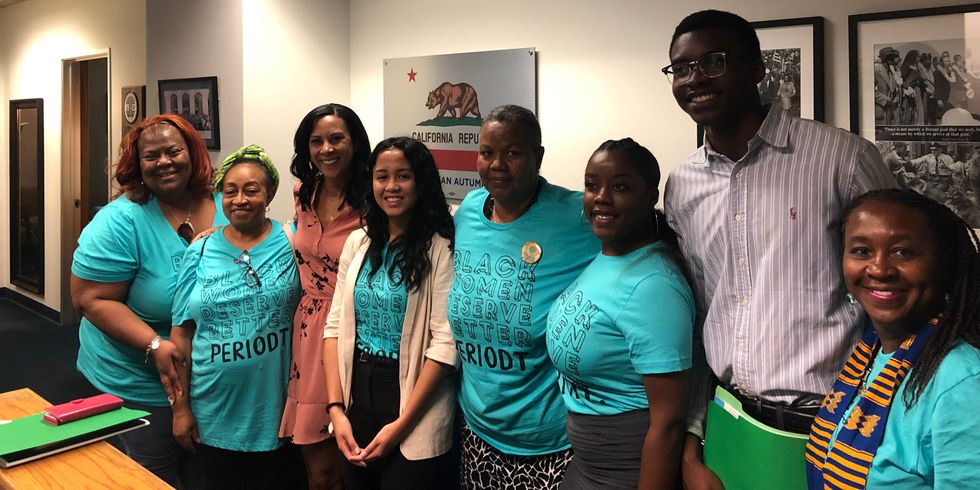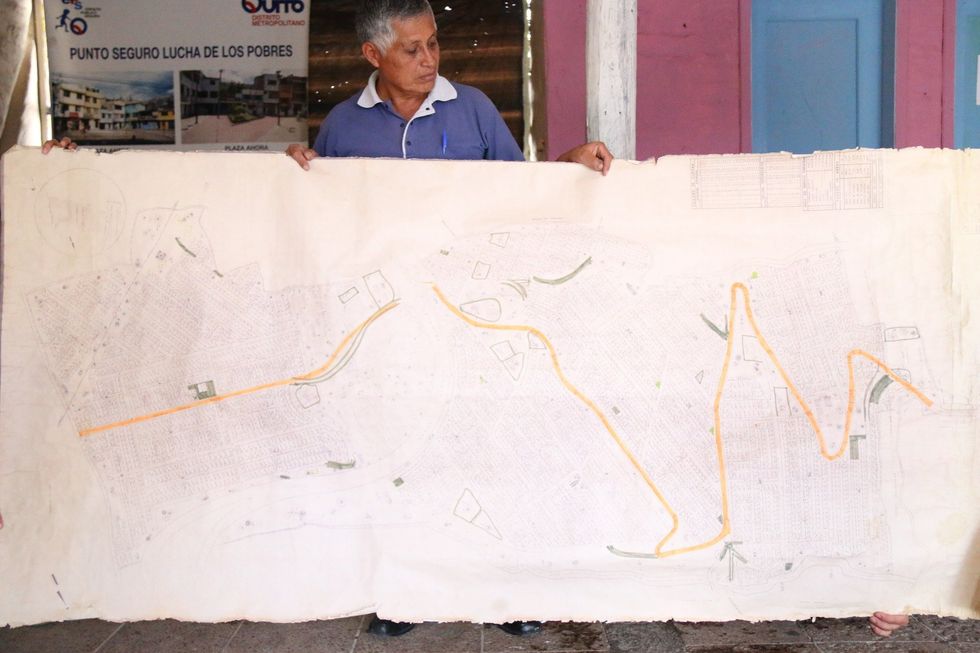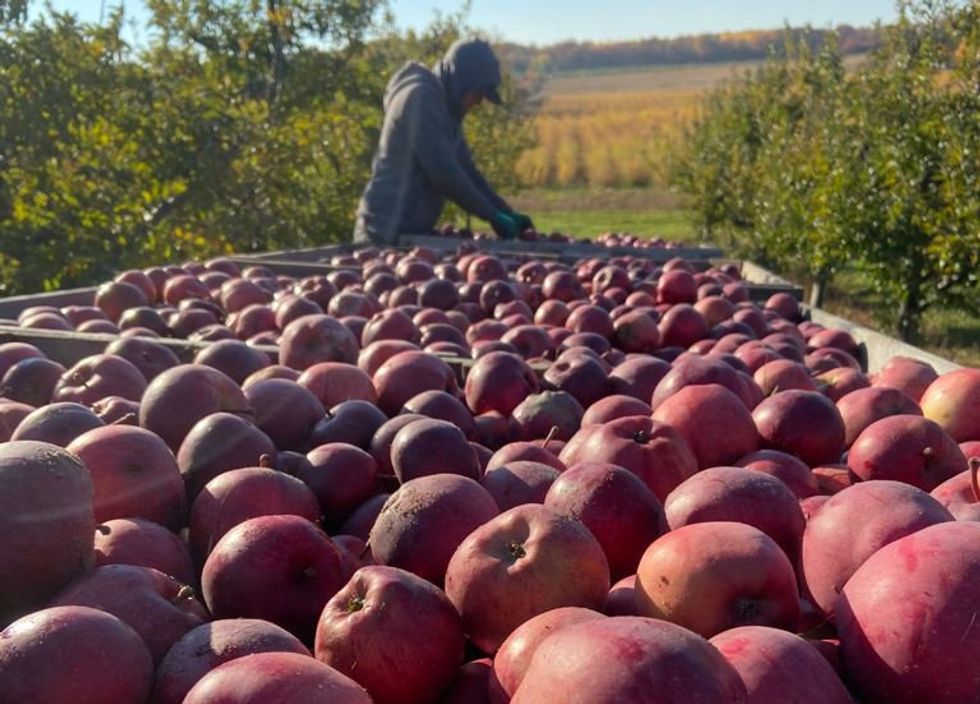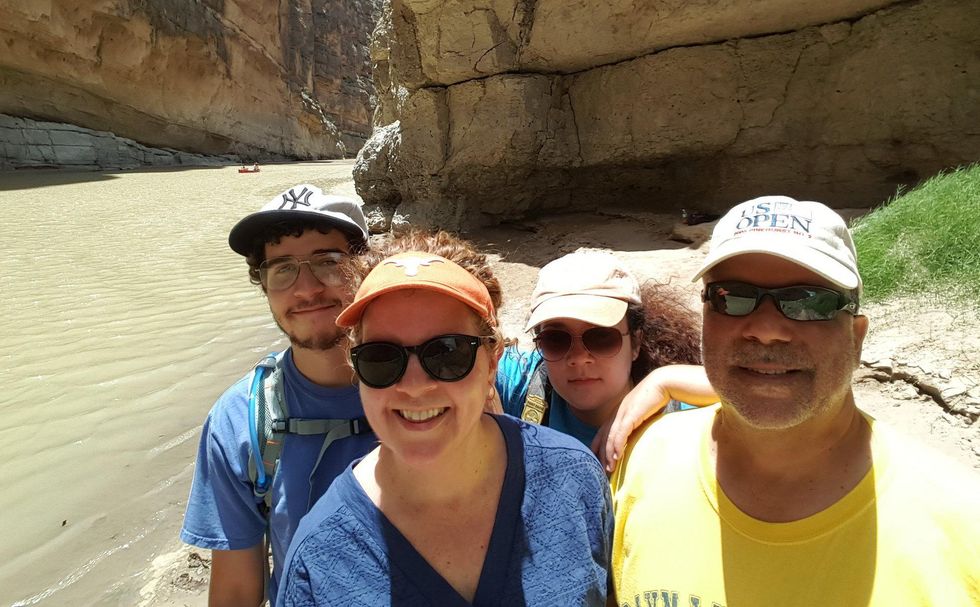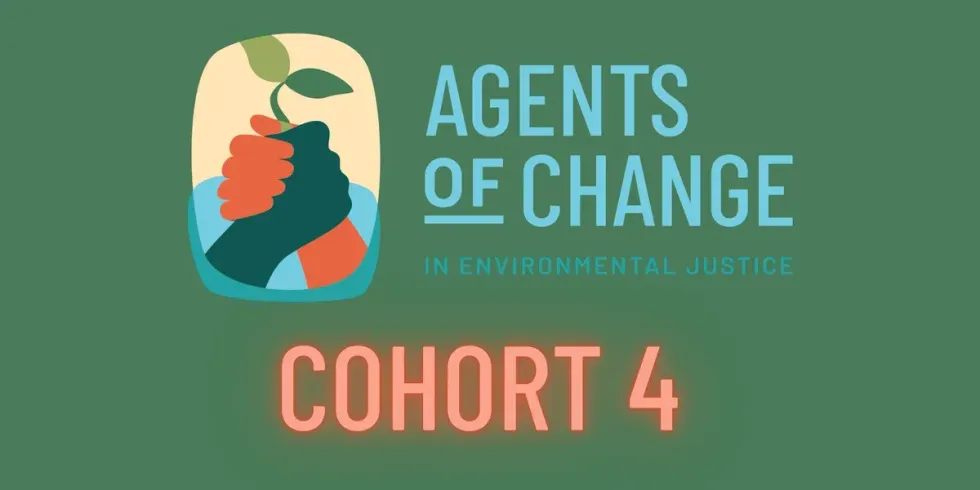environmental racism
Appalachian groups express frustration over first $30 million in federal hydrogen hub funding
“This award represents a continued commitment to invest in a natural gas industry that has added to the pollution and health burdens in the region.”
PITTSBURGH — On July 31, the federal government announced $30 million of funding for the Appalachian Regional Clean Hydrogen Hub, or ARCH2, which plans to create hydrogen from natural gas and other sources.
ARCH2 is one of seven planned, federally funded hydrogen hubs across the country, and one of two (along with the Gulf Coast hub) that will rely primarily on fossil fuel sources rather than renewables to create hydrogen.
The $30 million award represents the first round of funding for ARCH2, with a total of $925 million available for this project over the next seven to twelve years. In total, the seven planned hydrogen hub projects are slated to receive $7 billion in federal funding.
The $30 million will be used to “solidify planning, development, and design activities around site selection, technology deployment, community benefits and engagement, labor partnerships, and workforce training,” according to the U.S. Department of Energy (DOE).
The announcement comes just weeks after Pennsylvania governor Josh Shapiro signed into law a controversial bill allowing carbon capture and storage in the state, which will be required for the development of the hydrogen hub.
The award announcement frustrated local environmental and community advocates, who say the DOE has not been transparent about the details of the project, its climate and economic benefits, or its potential to add pollution and cause health harms in environmental justice communities that are already overburdened with existing pollution sources.
“This award represents a continued commitment to invest in a natural gas industry that has added to the pollution and health burdens in the region while failing to deliver any measurable growth in jobs, income and population,” Sean O’Leary, senior researcher with the Ohio River Valley Institute, a progressive think tank, said in a statement.
Earlier this year, the Ohio River Valley Institute delivered a letter to the DOE on behalf of 54 Appalachian organizations and community groups calling for the suspension of ARCH2. The letter called on the DOE to release additional information about the projects and offer impacted communities more meaningful opportunities for engagement prior to awarding additional funds — neither of which has happened, according to the organizations that signed the letter.
“Affected communities know little about the proposed projects and their impacts,” the No False Solutions PA Coalition said in a separate statement about the award. “Nevertheless, millions of dollars are being awarded to projects that will surely impact our health and environment BEFORE affected communities have had a chance to weigh in.”
Critics of the ARCH2 project say that carbon capture and storage technology hasn’t yet proven effective as a climate solution and it remains unclear whether hydrogen energy will abate or worsen climate change.
“There’s been a lot of talk about how hydrogen will be a cleaner energy source, but that overlooks the entire picture which includes reliance on the natural gas industry, which we know pollutes and harms communities and drives climate change with methane leaks,” Talor Musil, a field manager with the Environmental Health Project, a public health nonprofit, told EHN.
A new climate gamble endangers Louisiana's Cancer Alley
Despite community fears, corporations push controversial carbon capture solutions in Louisiana's heavily polluted Cancer Alley, raising concerns over health and environmental impacts.
In short:
- St Rose, a predominantly Black community in Louisiana's Cancer Alley, faces a new threat from a proposed ammonia and hydrogen plant.
- The plant claims to reduce emissions by capturing and storing carbon dioxide, but experts argue the process is inefficient and dangerous.
- Residents are worried about increased pollution and health risks, while the project is promoted as a clean energy initiative.
Key quote:
“The best any plant has done for net CO2 capture is 25% to 30%, and that’s before the very potent methane [leaks]. The 90% capture rate the industry claims is pure nonsense."
— Robert Howarth, professor of ecology and environmental biology at Cornell University
Why this matters:
Louisiana's 'Cancer Alley' is bracing for impact as corporations and politicians tout carbon capture as the next big climate fix. But while the petrostate's movers and shakers see dollar signs, residents are left wondering if this 'green' initiative is just a smokescreen for more dirty business. Read more: 30 environmental advocacy groups ask PA governor to veto carbon capture bill.
Canada passes Bill C-226 to combat environmental racism
Canada's new Bill C-226 aims to develop a national strategy to address environmental racism and ensure affected communities are part of the solution.
In short:
- Bill C-226 mandates a national strategy to tackle environmental racism in consultation with Indigenous, Black, and other racialized communities.
- The bill is the result of years of advocacy by Ingrid Waldron, who highlights the disproportionate environmental harms these communities face.
- The strategy will include mapping environmental impacts, collecting disaggregated data, and raising awareness about environmental racism.
Key quote:
"We’re giving them an opportunity to co-create the strategy with us. It’s not just about sharing their grief. I’m sure they’re tired of doing that. It’s about them saying, ‘And this is what I think this national strategy should include.’"
— Ingrid Waldron, researcher and advocate
Why this matters:
The implications of this bill are profound. For one, it could lead to a cleaner, healthier environment for communities that have long been sidelined. It also sets a precedent for how environmental policies can be designed to be more inclusive and equitable. Beyond the immediate environmental benefits, there are significant health implications as well. Reducing exposure to pollutants and improving access to clean resources can lead to better health outcomes, reducing the prevalence of diseases linked to environmental factors.
Agents of Change: 2022-2023 Cohort
Read the ideas and solutions from our fourth cohort.
2022-2023 Cohort
Rethinking highway expansion in the face of climate concerns
As the U.S. grapples with climate change, activists are challenging the traditional expansion of highways, highlighting the environmental and community impacts.
In short:
- Activists are pushing against highway expansions, citing increased emissions and harm to communities, especially low-income areas and communities of color.
- A coalition named Freeway Fighters is advocating for a national moratorium on highway expansion, while some states consider stricter emissions targets for new projects.
- Despite the push for electric vehicles, the U.S. transportation sector remains a significant source of carbon emissions, with highway expansions contributing to the problem.
Key quote:
“We don’t often think of it in those terms, but expanding highways is essentially like building new oil pipelines.”
— Ben Crowther, policy director for America Walks
Why this matters:
Highway expansions not only contribute to climate change by increasing carbon emissions but also affect community health and exacerbate social inequalities. Racism and political disenfranchisement underlie transportation inequities.
Adam Mahoney: Pollution is driving Black Americans to the South. It may not be any better.
‘Certainly intimidation’: Louisiana sues EPA for emails of journalists and ‘Cancer Alley’ residents
Deep south state escalates its fight against environmental protection with ‘rare’ use of public record laws.





